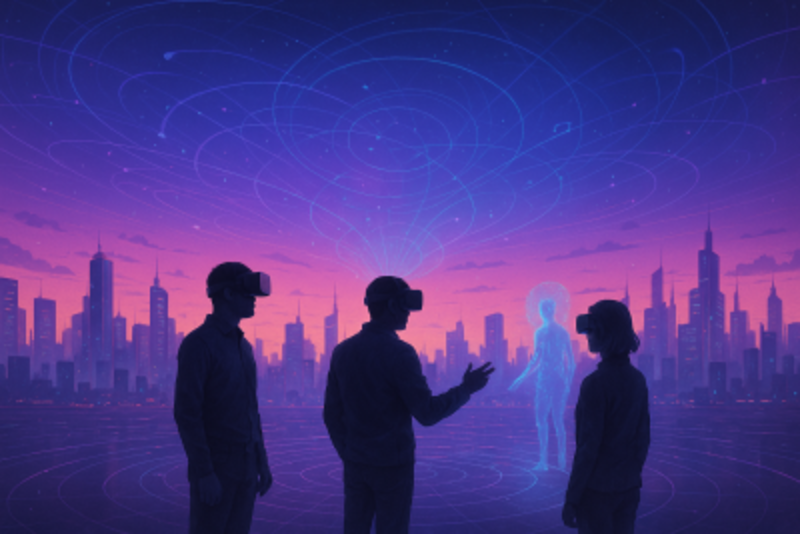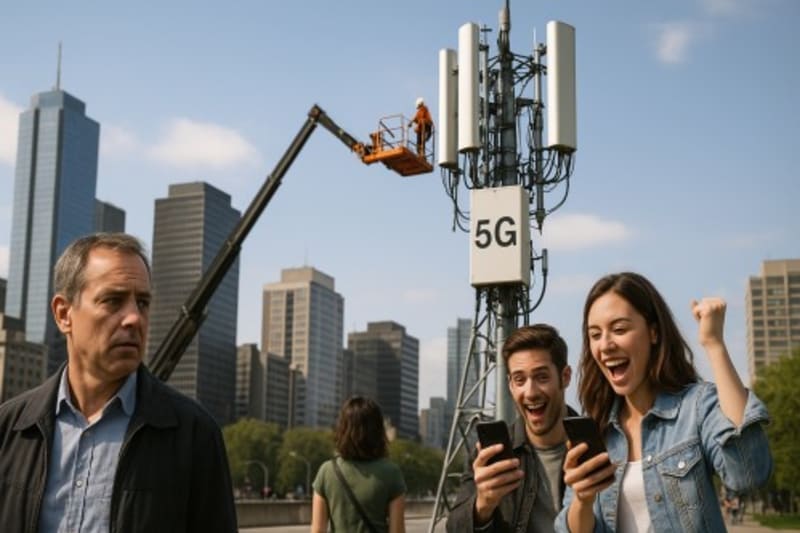New York, NY – September 7, 2025— The Metaverse, once considered a futuristic concept, is rapidly becoming a cornerstone of how people interact, work, and build communities online. Blending virtual reality, augmented reality, and artificial intelligence, the Metaverse offers immersive experiences that go far beyond traditional social media or video calls.
At its core, the Metaverse is described as a shared digital universe where users can attend meetings, shop, play games, or even attend concerts — all through digital avatars. Tech leaders believe this could mark a historic shift in human connection.
“We see the Metaverse as the next iteration of the internet — a place where presence matters, not just text or video,” said a spokesperson from Meta Platforms Inc., one of the leading companies driving the innovation.
A New Digital Era
Major technology firms, including Meta, Microsoft, Apple, and a wave of startups, are investing heavily to develop the hardware and platforms that will sustain the Metaverse. Virtual reality headsets, AI-driven avatars, and blockchain-powered economies are paving the way for this new era.
Educators are experimenting with virtual classrooms, businesses are hosting global meetings in 3D spaces, and artists are using virtual galleries to showcase their work. The opportunities for social, cultural, and economic transformation appear vast.
The Challenges Ahead
Despite its potential, experts caution that the Metaverse is still in its infancy. Questions about privacy, accessibility, and regulation loom large. Critics warn that without proper oversight, the same issues that plague social media — misinformation, exclusion, and exploitation — could intensify in immersive spaces.
“We have to make sure the Metaverse is safe, inclusive, and beneficial for everyone, not just a privileged few,” said Dr. Alicia Gomez, a digital ethics researcher at NYU.
What Comes Next
While the timeline for full adoption remains uncertain, momentum continues to grow. Analysts predict that by the early 2030s, the Metaverse could be as integral to daily life as smartphones are today.
For now, communities, companies, and individuals are watching closely, experimenting with virtual tools, and imagining new possibilities for human connection in a truly borderless digital world.







Comments
No comments yet. Be the first to comment!